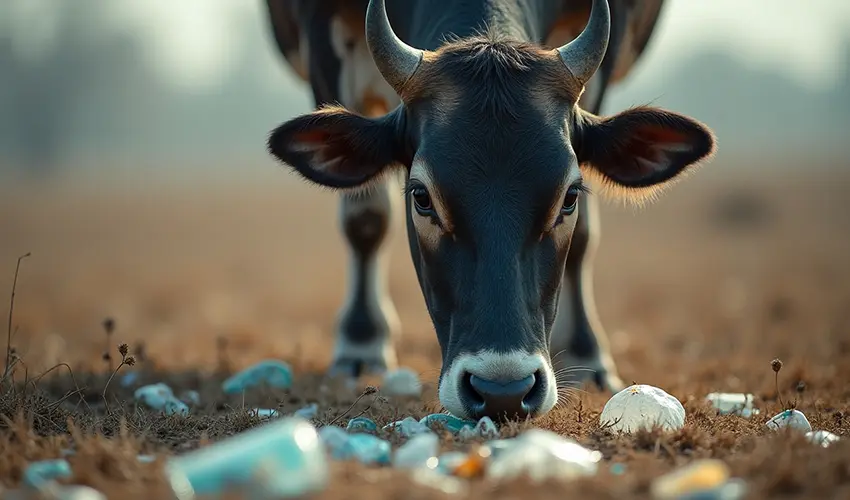15 May, 2025
 Sologenx Foundation
Sologenx Foundation
India generates over 3.5 million tonnes of plastic waste every year, with much of it ending up in landfills, rivers, oceans, and even our food chains. Single-use plastics—like bags, straws, and wrappers—account for a significant portion of this waste. Recognizing the growing environmental and health threats, the Indian government took a bold step by banning several single-use plastic items from July 2022. But while this move was hailed as historic, the big question remains—is a ban alone enough to solve India’s plastic problem?
The answer is complex. Bans are a start, not a solution. Enforcement across India’s vast geography is uneven, especially in rural and semi-urban areas where awareness is low and alternatives are expensive or unavailable. While some cities have embraced change with paper and cloth bags, others continue using plastic due to lack of strict monitoring or economic feasibility. Small vendors and local businesses often feel the pinch of switching to costly alternatives without government support or incentives.
Another major challenge is behavioral change. People are used to the convenience of plastic—its cheap cost, durability, and availability. Without strong awareness campaigns, proper waste segregation, and community participation, any ban risks being symbolic. What's needed is a multi-pronged approach:
Boosting biodegradable alternatives
Educating citizens, especially youth, about the dangers of plastic
Developing better recycling infrastructure
Incentivizing producers to shift to eco-friendly packaging (Extended Producer Responsibility - EPR)
Enabling startups focused on upcycling and plastic alternatives
Grassroots organizations like Sologenx Foundation are working to fill these gaps—conducting school workshops, organizing plastic-free events, and creating behavior change through community outreach. Their efforts emphasize that solving the plastic crisis is not only about removing plastic from our shelves—it’s about changing the way we think, consume, and dispose.
Every individual holds the power to make a difference. Environmental restoration isn't just the work of large organizations-it begins with the everyday choices we make. From planting a single tree to rethinking how we use water and waste, every small action adds up to a larger impact. Sologenx Foundation believes that collective responsibility can lead to meaningful change. Whether you're a student, a professional, a homemaker, or a business leader, there's a way for you to contribute. This section is a call to action-simple, practical steps you can take today to help preserve our planet for generations to come.